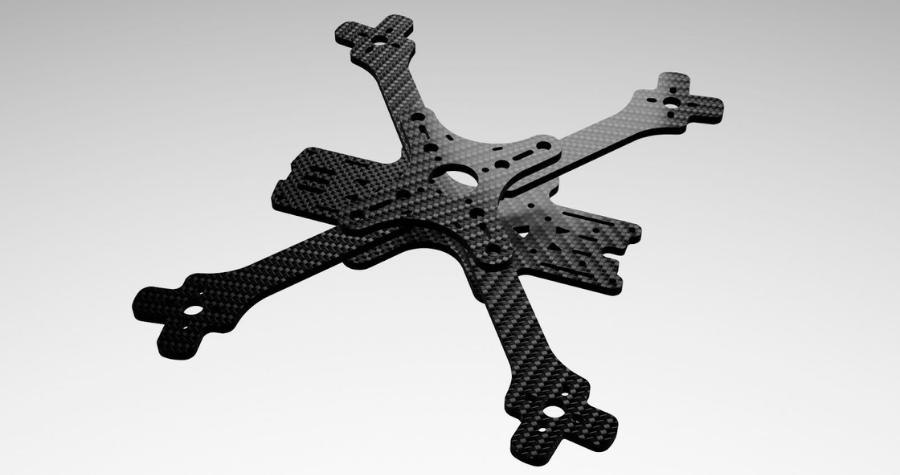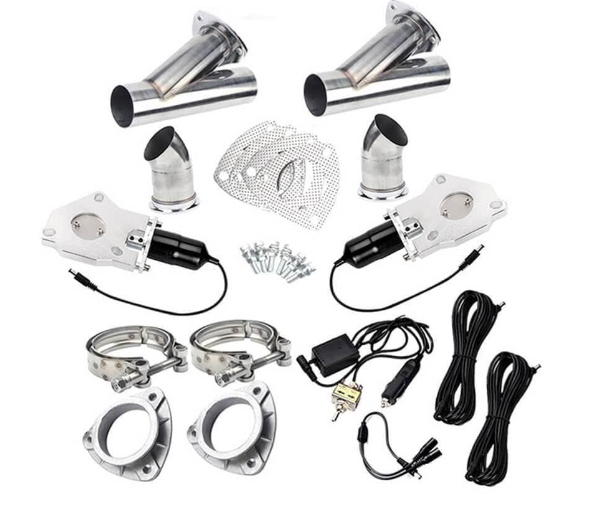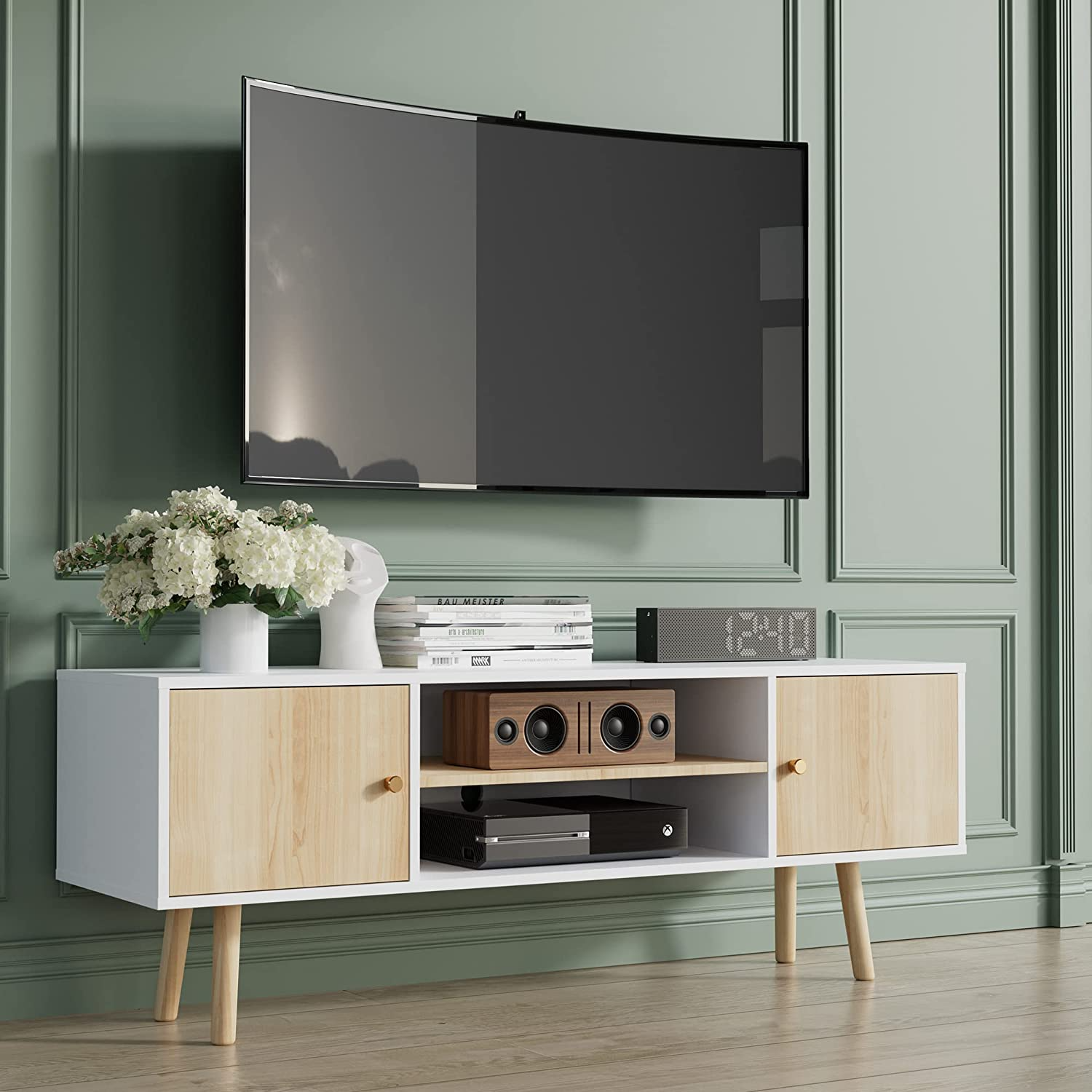5 Expert Tips for Extending the Lifespan of Your Heat Pump

Key Takeaways:
- Understanding the proper maintenance techniques extends the life of your heat pump.
- Efficiency in operation reduces unnecessary strain on the system.
- Cleanliness around the unit and within ducts promotes better performance and longevity.
- Timely professional maintenance and repairs are crucial for complex issues.
Table of Contents:
- Introduction
- Schedule Regular Maintenance
- Operate Your Heat Pump Efficiently
- Keep the Surrounding Area Clear
- Replace Filters and Clean Regularly
- Know When to Call Professionals
Introduction
While the ingenuity of modern heat pumps has led to them becoming a staple for efficient home heating and cooling, their effectiveness and longevity are heavily influenced by maintenance and operational habits. By adopting a proactive approach and following expert advice, homeowners can enjoy the optimal performance of their heat pumps for many years. For essential upkeep and specialist services such as heat pump repair Greensboro, NC, seeking skilled professionals is key to maintaining your home’s comfortable climate.
Schedule Regular Maintenance
An annual examination by a qualified technician is the cornerstone of heat pump care, as it can preempt critical issues that potentially shorten your system’s lifespan. These check-ups typically include assessments of airflow, refrigerant levels, electric terminals, and thermostat calibration. Technicians also tighten connections and oil motors and inspect the belts for tightness and wear.
Identify Potential Issues Early
Recognizing early signs of trouble, like unusual sounds or inconsistent temperatures, could save you from expensive repairs. Manufacturers often suggest seasonal inspections as a preventative measure, so don’t delay if issues arise. Acting promptly can prevent small problems from escalating into bigger, more expensive ones.
Operate Your Heat Pump Efficiently
Thoughtful operation of your heat pump entails setting an efficient temperature and understanding the best practices for its functionality. Keeping your home’s temperature within a 5-to-8-degree range of the outside temperature will reduce the strain on the system. Additionally, programmable or smart thermostats can optimize usage by adjusting temperatures when no one is home or during sleep hours.
Keep the Surrounding Area Clear
Unobstructed airflow is vital for the external unit of your heat pump. It needs ample space to draw in or expel air efficiently. Clutter, foliage, or structures too close to the unit can impede operation and cause the system to work harder, leading to unnecessary stress and potential malfunctions. Ensure that vegetation is trimmed back, and remove any debris, such as leaves, twigs, or snow, that may accumulate around the unit.
Replace Filters and Clean Regularly
Air filters trap dust, pollen, and other airborne particulates, preventing them from entering the heat pump and your indoor space. When filters become clogged, airflow is inhibited, and the system efficiency declines, which can lead to increased energy use and costs. A clean filter maintains good air quality and optimizes the performance of your heat pump.
Know When to Call Professionals
Some aspects of heat pump maintenance are best left to professionals. When encountering something beyond regular cleaning and upkeep, it’s time to find a reputable technician. Professional services can address intricate problems without compromising the system’s integrity. They can ensure repairs are completed correctly, helping avoid recurring issues and potential damage to the heat pump.





